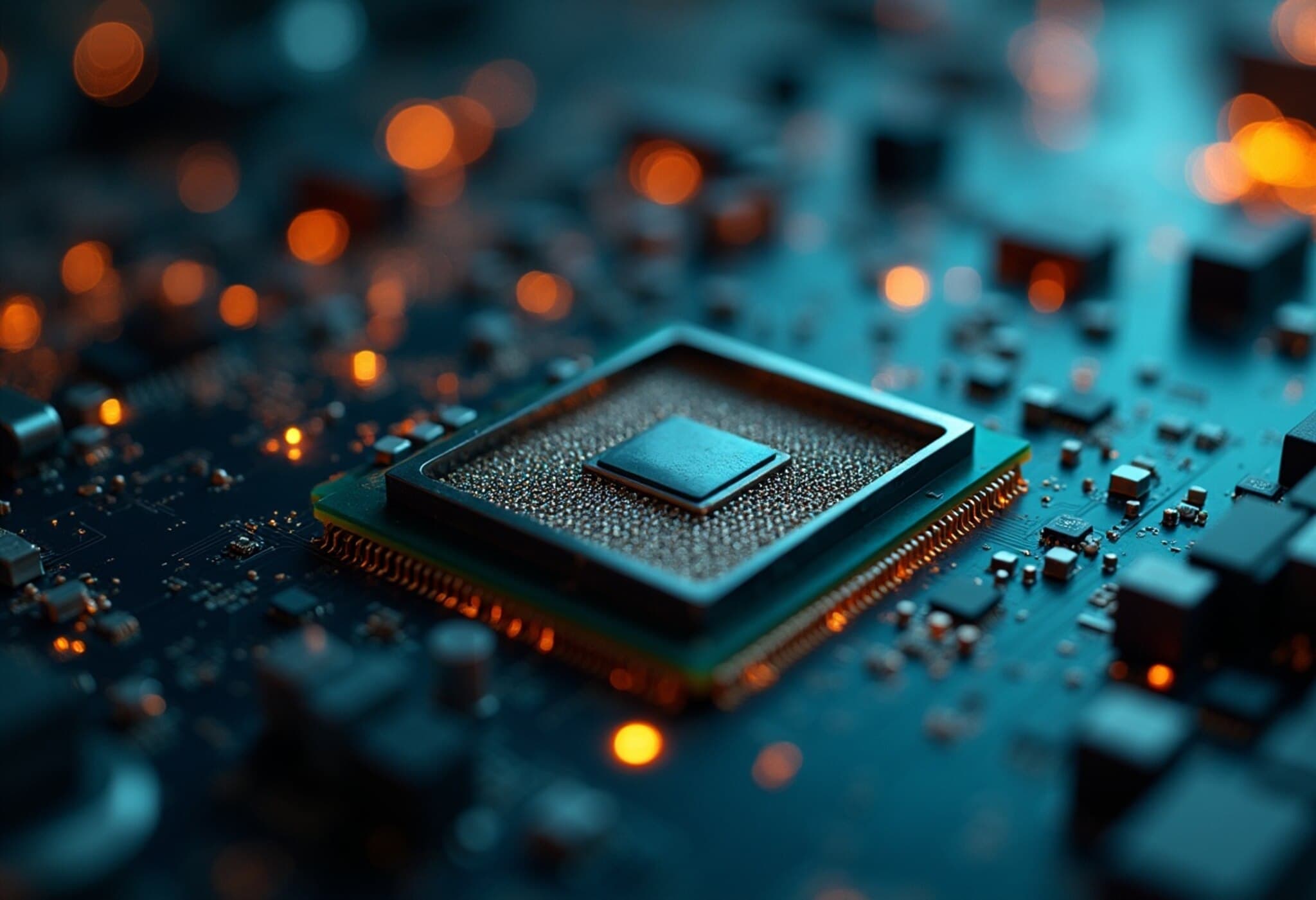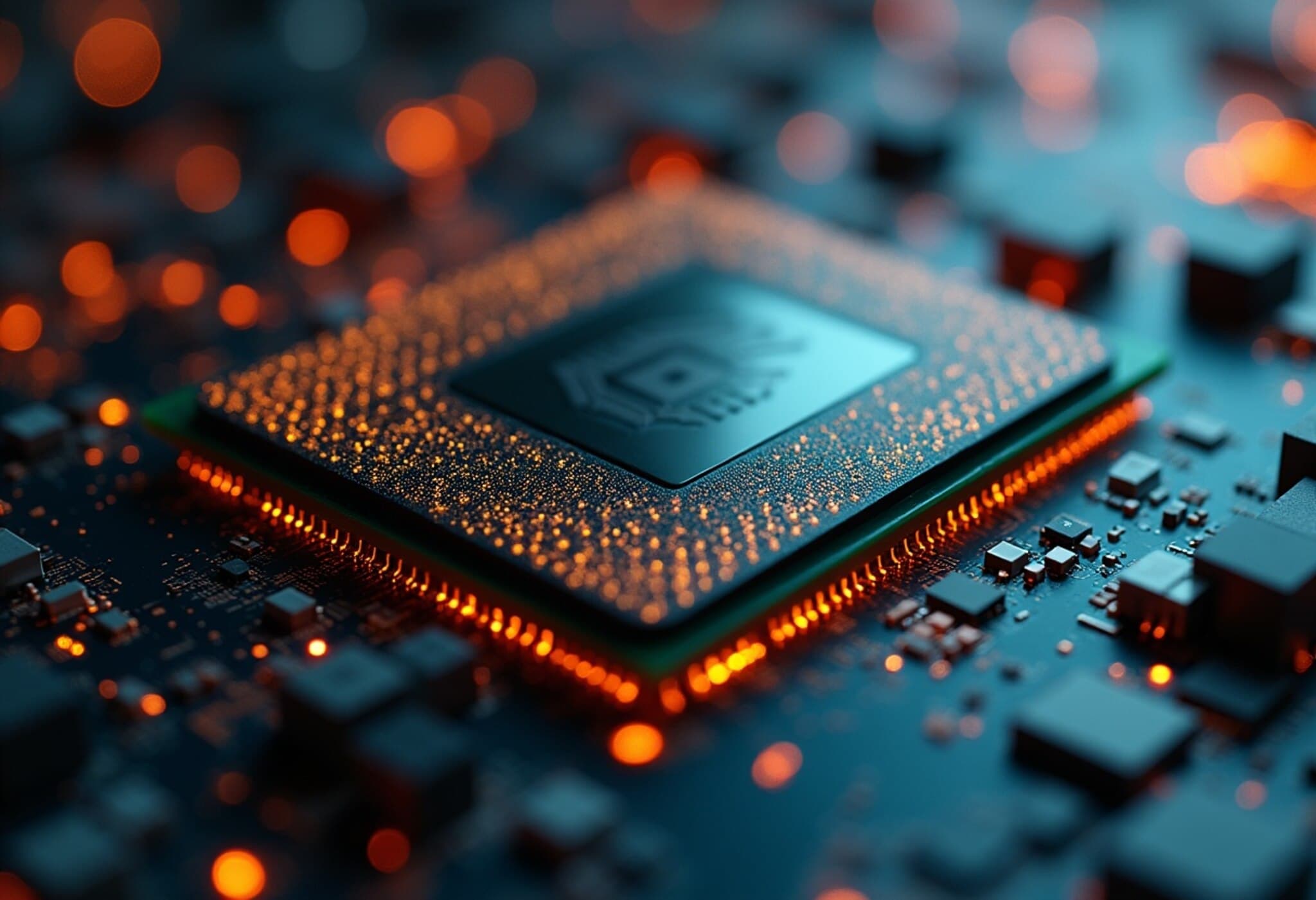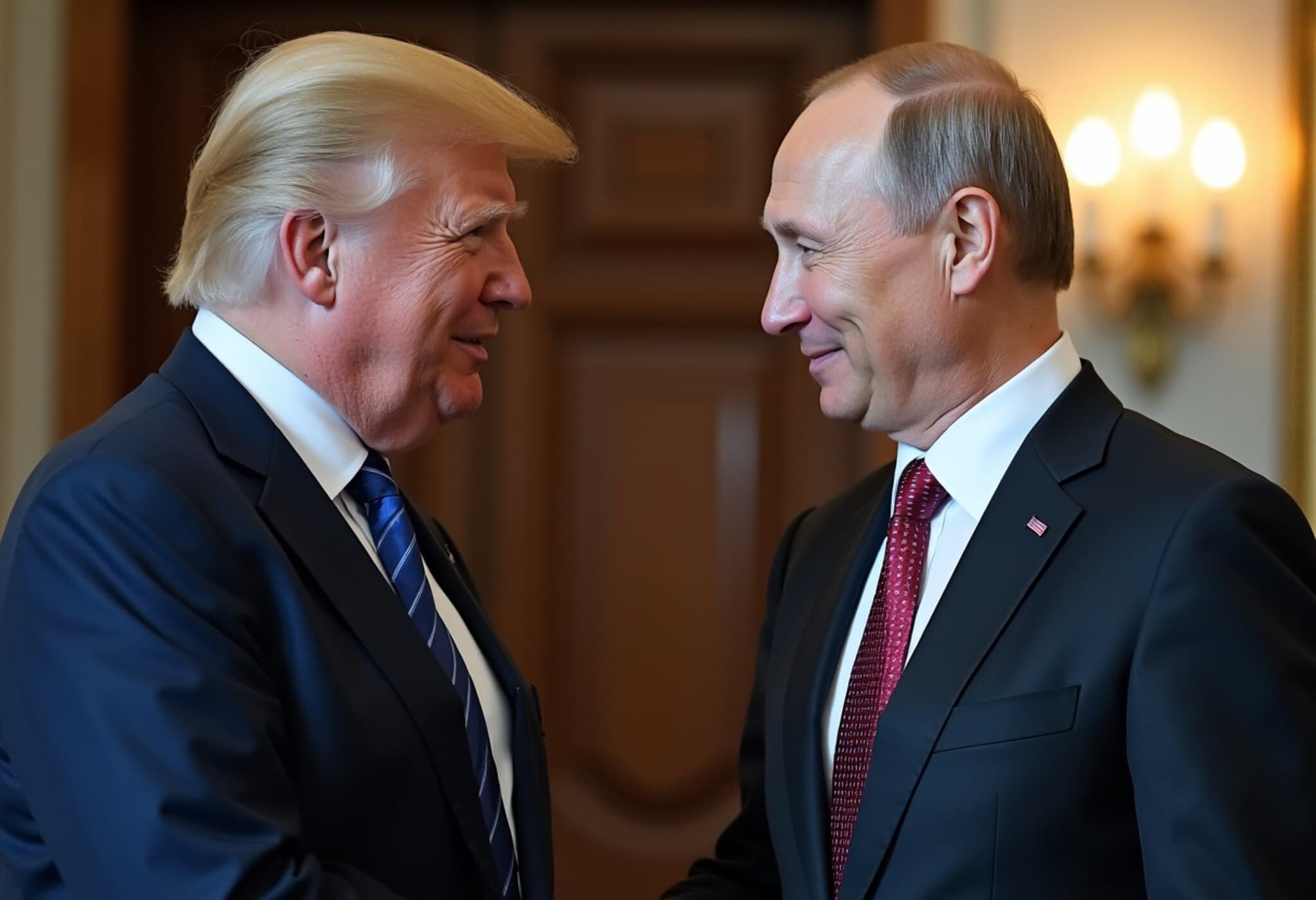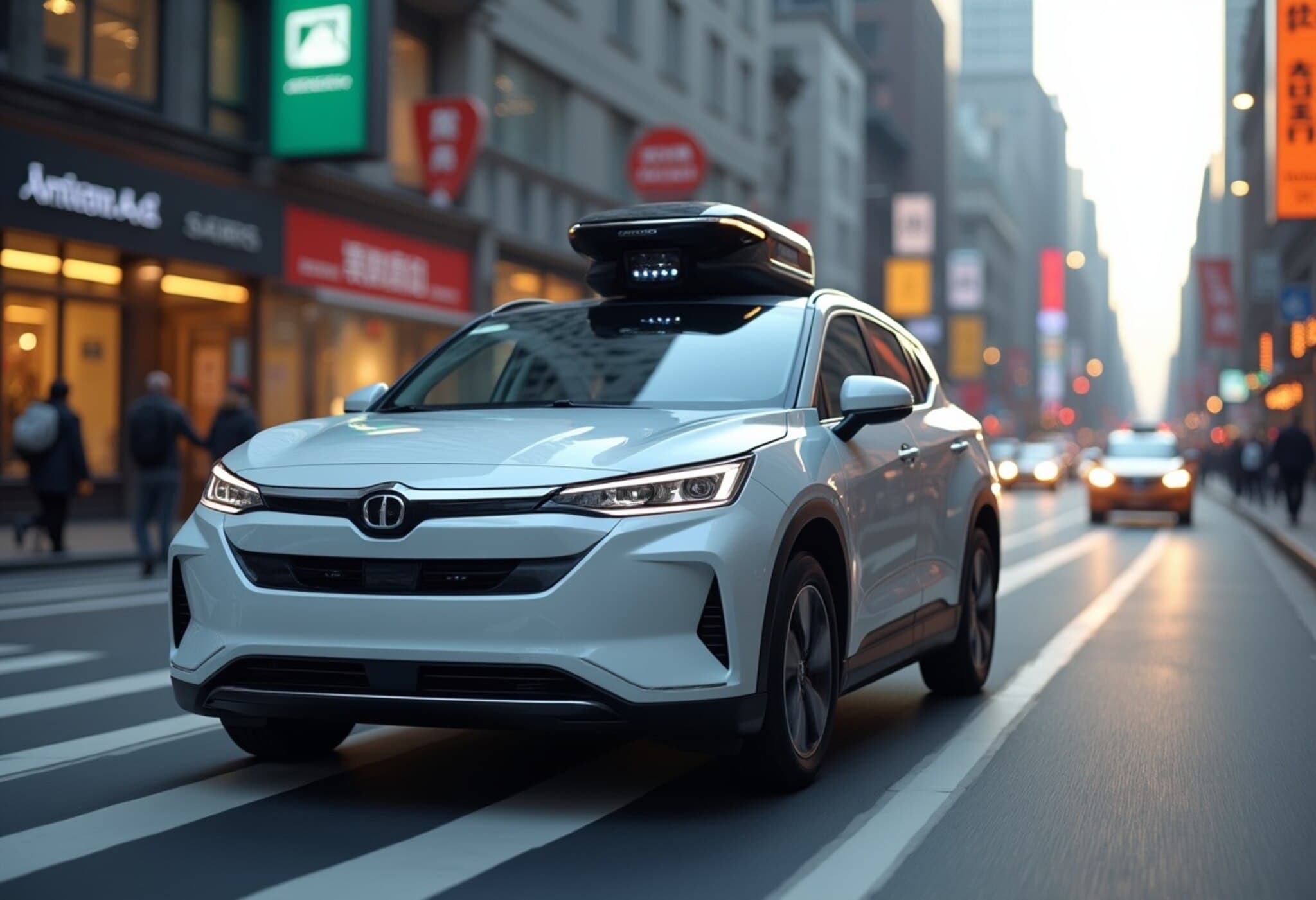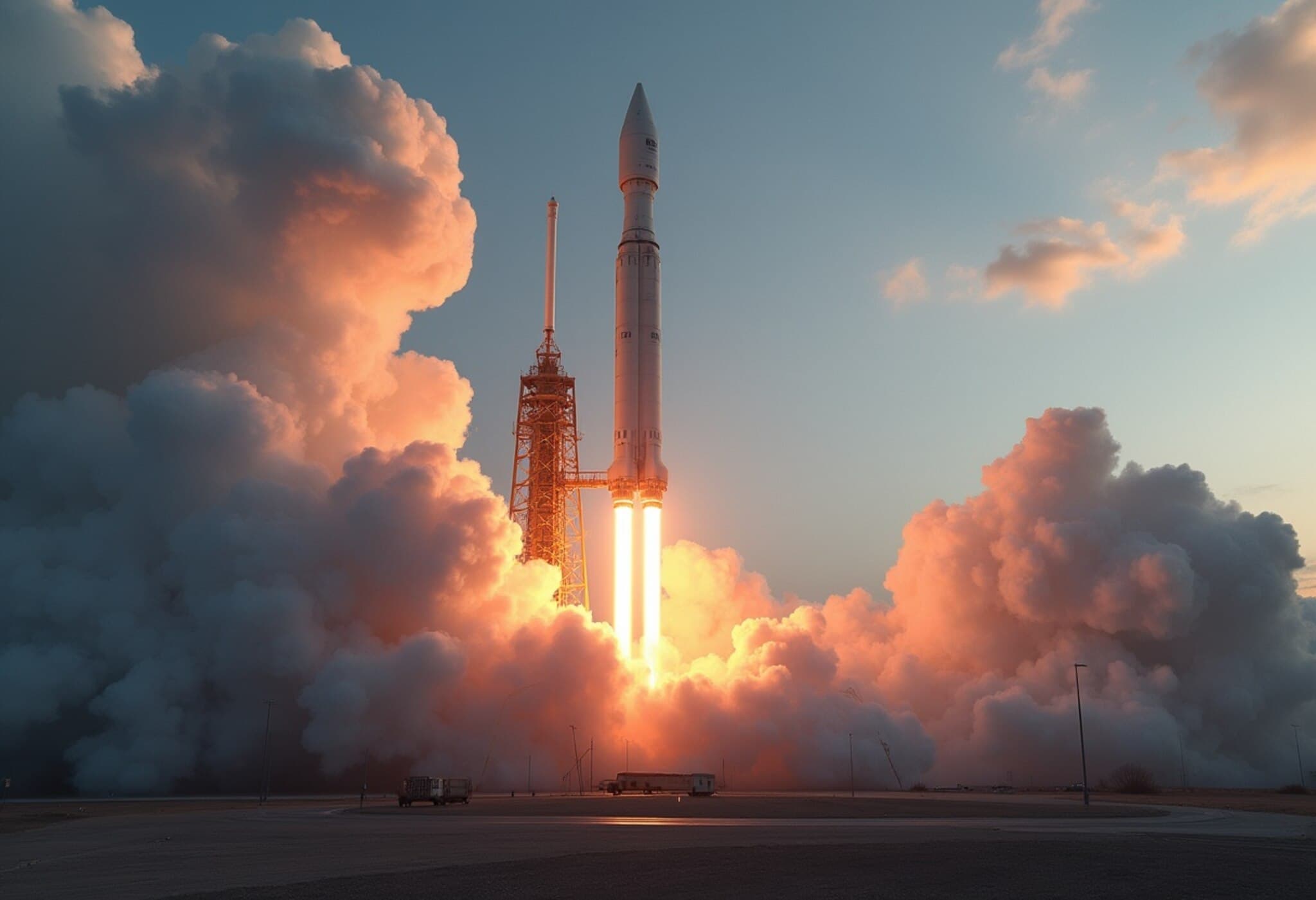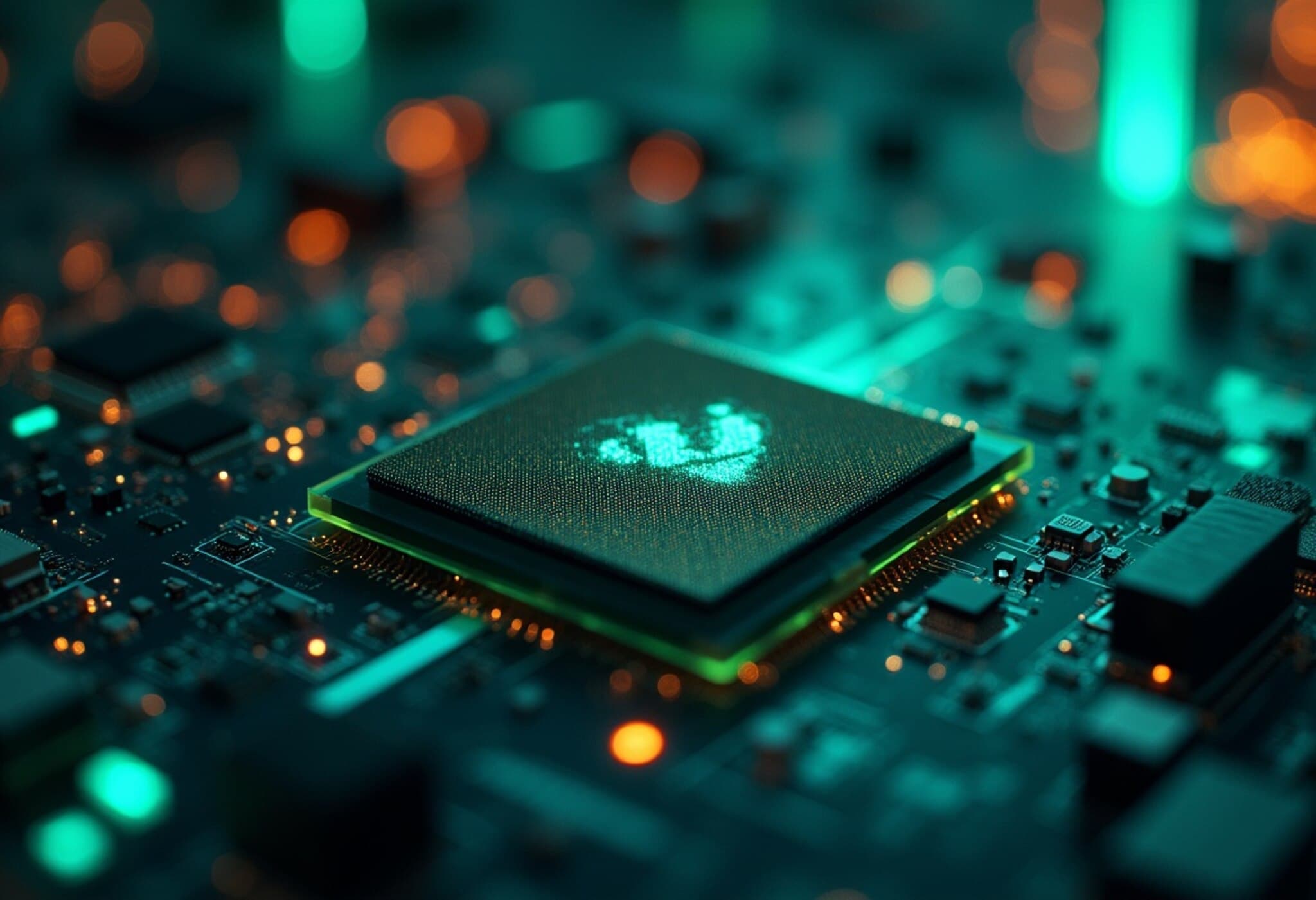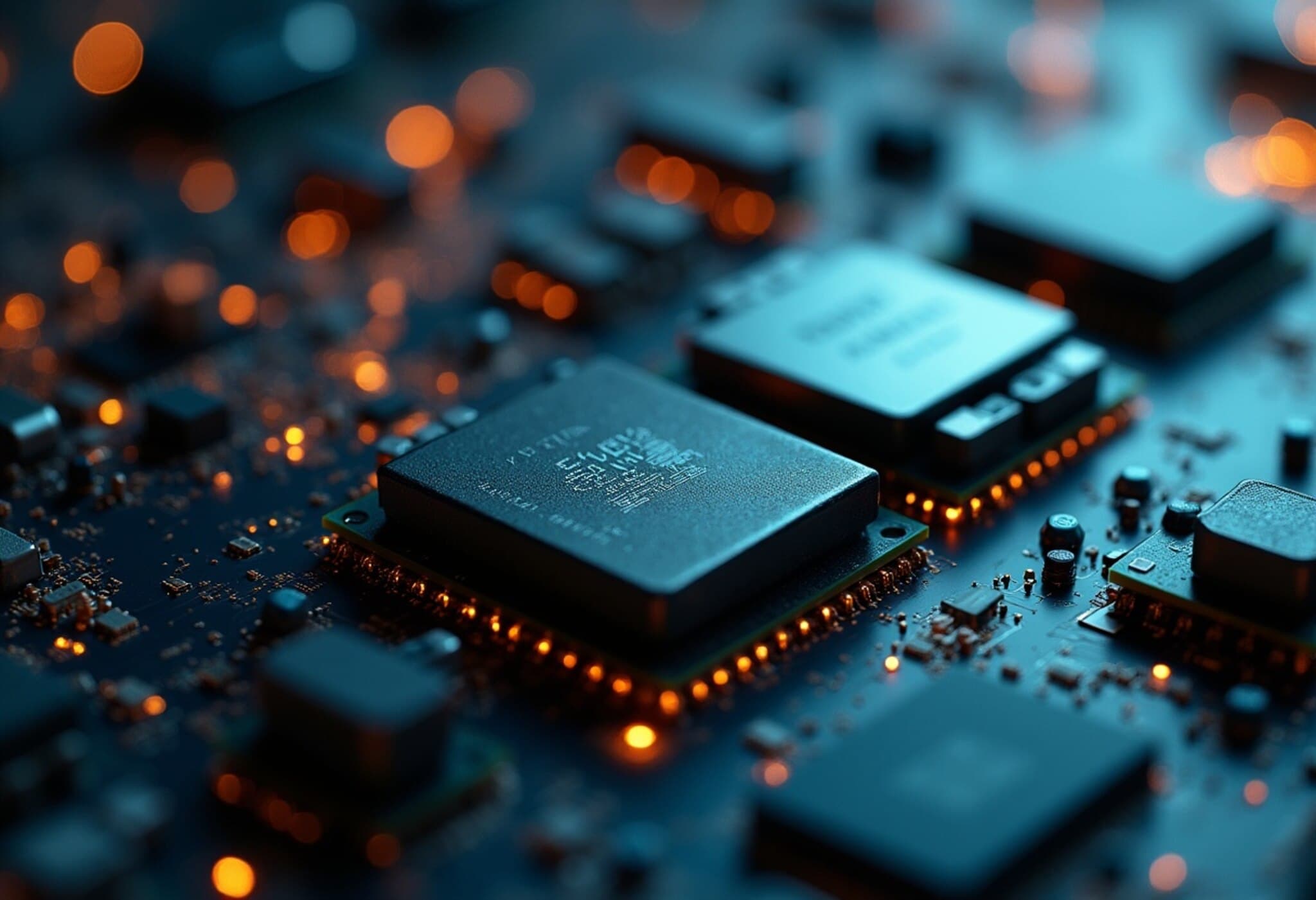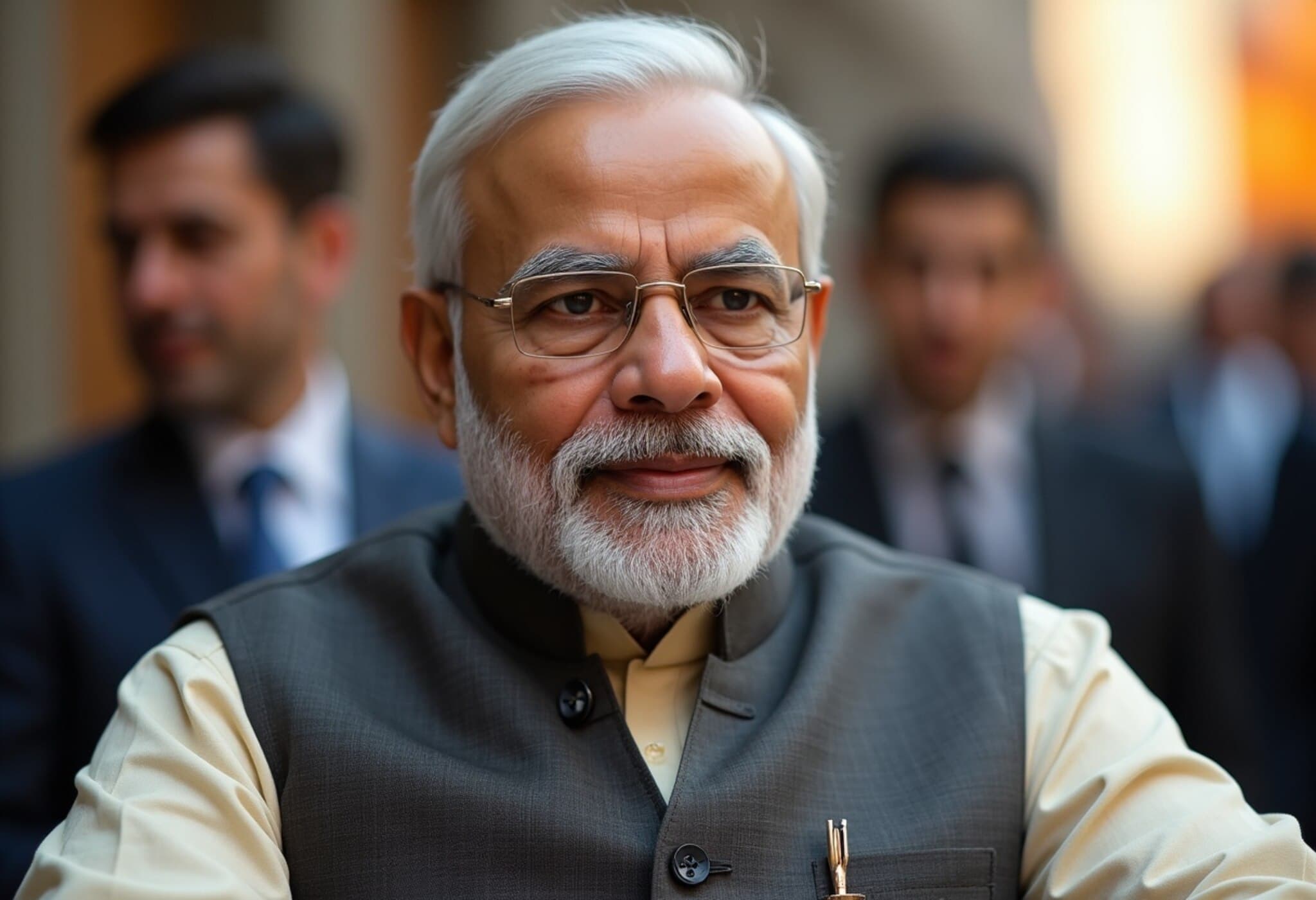Trump Signals Openness to Downgraded Nvidia AI Chip Sales to China
In a surprising development in the ongoing U.S.-China technology standoff, former President Donald Trump indicated willingness to permit Nvidia, the American chip giant, to sell a modified, lower-performance version of its flagship Blackwell AI chip to China. This announcement came during a press briefing on August 12, 2025, signaling potential thawing in strict export controls that have shaped the artificial intelligence (AI) semiconductor landscape.
Details of the Proposed Deal
Trump alluded that the chips could be "somewhat enhanced — in a negative way — Blackwell" processors, suggesting performance reductions ranging between 30% to 50%. He further revealed plans to meet with Nvidia’s CEO, Jensen Huang, to discuss these possibilities, recognizing the Blackwell system as "the latest and the greatest in the world." This move underscores a nuanced strategy to maintain U.S. technological leadership while allowing some limited commercial engagement with China.
Background: Tensions Over AI Chip Exports
Since 2022, Nvidia has faced strict U.S. export limitations that barred sales of its A100 and H100 AI chips—a critical setback for Chinese AI developers reliant on American technology. In 2023, these restrictions expanded to include additional Nvidia semiconductors, intensifying the technology cold war.
Jensen Huang has been actively lobbying for access to China’s lucrative market, advocating that restricting chip sales might inadvertently accelerate China’s attempts to develop indigenous alternatives. He argues that U.S. chips should remain part of China’s AI ecosystem to maintain strategic dependency.
Economic and Strategic Implications
- According to Paul Triolo, senior vice president at DGA-Albright Stonebridge Group, allowing downgraded chips to enter China could "addict China to substandard technology", hindering their ability to leapfrog U.S. capabilities.
- The U.S. government negotiated a 15% revenue cut from Nvidia on chip sales to China as a licensing condition, down from a higher initial ask, indicating tough yet flexible trade-off discussions.
China’s Semiconductor Alternatives
While China has stockpiled Nvidia chips to fuel AI model training, it continues developing home-grown AI processors. Huawei’s Ascend series is positioned as a direct competitor, though experts like Triolo caution that these replacements currently lack parity with Nvidia’s offerings.
"We're in a transitional phase as Chinese firms exhaust their older stockpiles and anticipate newer Huawei chips. However, it is likely not until next year that Huawei's latest 910 processors will be truly competitive," Triolo explained.
What Lies Ahead?
This potential deal raises critical questions for U.S. policymakers, technology companies, and global markets:
- Will the partial easing of export controls compromise long-term U.S. tech leadership or help maintain it by managing China’s AI advancements?
- How will the incremental technology transfer impact U.S.-China strategic competition beyond semiconductors?
- Can Chinese tech companies accelerate their innovation to overcome restricted access, or will they remain dependent on downgraded imports?
As the meeting between Trump and Nvidia’s CEO unfolds, all eyes will be on how this delicate balance between economic interests and national security concerns is navigated.
Editor’s Note
The evolving dynamics of semiconductor exports to China illustrate the intricate dance between safeguarding technological supremacy and leveraging economic engagement. This proposed concession—allowing downgraded AI chips—could be a strategic pivot, embedding nuanced leverage into a high-stakes tech rivalry. Readers are encouraged to consider the broader geopolitical ramifications of such policies, especially how they influence innovation ecosystems, supply chain resilience, and U.S. economic competitiveness on the global stage.

